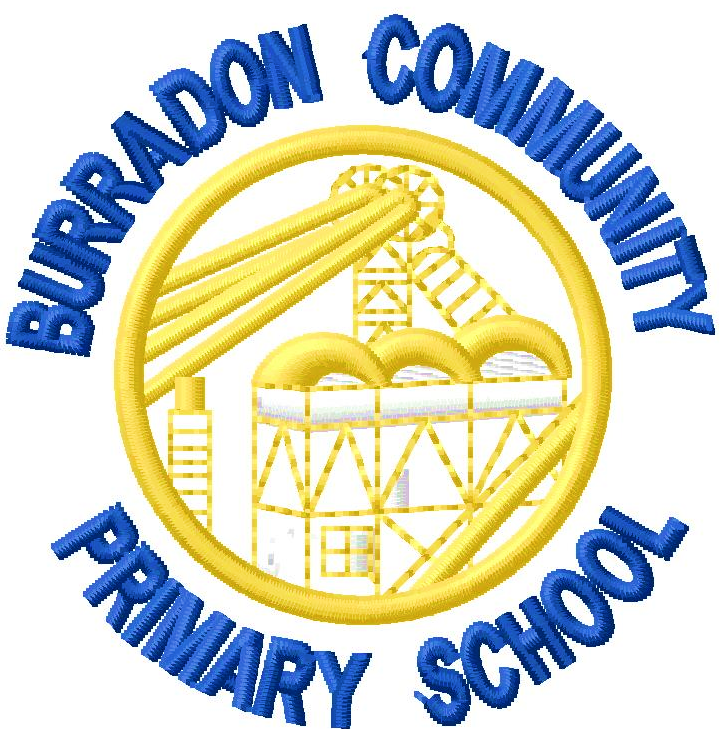Religious Education
Note to parents and carers:
Parents and carers have the right to withdraw their child from all or part of the RE curriculum.
Rationale:
RE at Burradon Community Primary School takes its aim from our core values:
Be curious about the world around you, ask questions and investigate.
Care and respect yourself, other people, our school and the wider world.
Intent:
- To develop deepening knowledge and understanding about a range of religious and non-religious world views so that children can:
-describe and explain beliefs and theological concepts
- describe and explain some sources of authority and teachings within and across religious and non-religious traditions
- describe and explain ways in which beliefs are expressed
- know and understand the significance and impact of beliefs and practices on individuals, communities and societies
- connect these together into a coherent framework of beliefs and practices
- To gain and deploy deepening understanding of specialist vocabulary and terms.
- To know and understand about religious diversity within the region, as well as nationally and globally.
- To know and understand how religion can be defined and what is meant by the term ‘religious and non-religious world views and with increasing clarity know that these world views are complex, diverse and plural
- To gain and deploy skills that enable critical thinking and enquiry in relation to the material they study
- To reflect on their own thoughts, feelings, experiences, ideas, values and beliefs with increasing discernment
Implementation:
To ensure high standards of teaching and learning in RE we implement a curriculum that is progressive throughout the whole school, from EYFS to Year 6. Our RE curriculum is taught on a weekly basis and follows the North Tyneside agreed syllabus.
Pupils will have engaged with a range of ultimate questions about the meaning and significance of life, as well as having the opportunity to ask significant and highly reflective questions about religion, demonstrating an understanding of issues related to the nature and value of religious thought. Pupils will have developed an understanding of how the beliefs, values, practices and ways of life within a religion cohere together whilst having the independence and initiative to question, investigate and evaluate these for themselves. Pupils work constructively with others to link the study of religion and belief to personal experiences supported by a broad knowledge of a wide range of religions and beliefs.
Opportunities are sought to link RE with other areas of the curriculum, such as computing, PSHCE, English, and History. We also recognise the importance of peer discussion, investigations and debates which allow children opportunities to discuss their ideas. Our daily collective worship sessions also focus on the important themes we are addressing.
What do our children think of RE?
EYFS:
Year 1: 'RE is important to look at what people think about God and incase we want to believe the same things'.
Year 2: 'We listen to different stories from special books and talk about them, draw pictures to tell the story'.
Year 3: 'I love RE because we get to go on trips to religious places like the Hindu temple and learn about the people that would visit and how they live'.
Year 4: 'We learn about the different things people believe and how they might be different from each other and the ways they celebrate different festivals'.
Year 5: 'We look at different pieces of scripture and learn about different people and things that are important, like Moses or the 10 plagues of Egypt'.
Year 6: 'RE teaches us about the different religions and their traditions - I think it's interesting to know about different things people do'.
